Research: Space breeding boosts grain production
Dong Qi, an agricultural expert, was thrilled to reap a batch of upland rice in a special experimental field in the Jinzhong National Agricultural High-Tech Industry Demonstration Zone in Shanxi province.
Different from other rice varieties, seeds in the high-tech zone are the descendants of upland rice seeds that were carried into space by the Shenzhou XVI crew in May 2023 and underwent a genetic mutation process called "space breeding" inside the Tiangong space station.
A total of nine crop seeds, including upland rice, sorghum, corn and wheat, from the high-tech zone were sent to space for mutagenesis experiments. They were exposed to cosmic radiation and microgravity during the mission, resulting in genetic mutations.
Back on Earth, scientists evaluated these mutations, some of which gave the seeds properties favored by farmers such as greater yield, shorter growth period and better resistance to diseases.
The upland rice seeds returned to Earth on Oct 31 last year, after more than 150 days in space, and were sent to be multiplied at the national seed breeding base in Hainan province.
"Space breeding is a fundamental method, similar to hybrid breeding and radiation breeding. But for space breeding, the environment holds more value, which cannot be replicated on Earth," said Dong, a professor at Shanxi Agricultural University.
"Traditional breeding usually takes eight to 10 years, but space breeding has the potential to reduce the time by half. Such seeds do not look any different, but undergo important genetic variations internally," he added.
Jia Yuchen, head of the organic dryland agriculture project at the high-tech zone, said that Shanxi, located on the Loess Plateau, which has an arid climate and low rainfall, is highly suitable for the cultivation and promotion of new varieties of upland rice.
"We plan to select new varieties suitable for the climate and soil characteristics of Shanxi within the next five or six years after verifying aspects such as yield, resistance and quality," he said, adding that it is of great significance to increase grain production and farmers' income in China.
The high-tech demonstration zone in Jinzhong has been a long-term collaborative partner of China's manned space program, which shoulders the important mission of promoting the development of organic dryland agriculture.
The zone has established a high-standard experimental field, covering 6.67 hectares, for the selection and promotion of seeds for space breeding. The aim is to explore high-yielding and stress-resistant genes and further implement the selection and promotion of organic upland rice varieties.
Yun Weihua, deputy director of the high-tech zone's management committee, said that research on breeding is their priority area.
"We have successively established research institutes for millet and quinoa, and introduced a slew of high-tech enterprises to accelerate the development of the seed industry," he said.
"We will continue to conduct space breeding, hoping to contribute to Shanxi's efforts to advance agricultural and rural modernization," Yun added.
In August 1987, a retrievable scientific experiment satellite carried a batch of seeds into space, marking the first space journey of Chinese crop seeds.
After the seeds returned to Earth, scientists found significant genetic changes and initiated a series of experiments involving crossbreeding.
Data from the China Manned Space Engineering Office shows that over 3,000 space breeding experiments have been conducted, resulting in more than 240 approved main grain varieties and over 400 new varieties of vegetables, fruits, trees, grasses and flowers.
The experiments have also resulted in an annual increase in grain production of approximately 2.6 million metric tons.
Dong, the professor, said they were striving to bring high-quality upland rice varieties mutated through space breeding to the table of the ordinary person soon.
"I believe that the future market value of space breeding will be significant," he added.








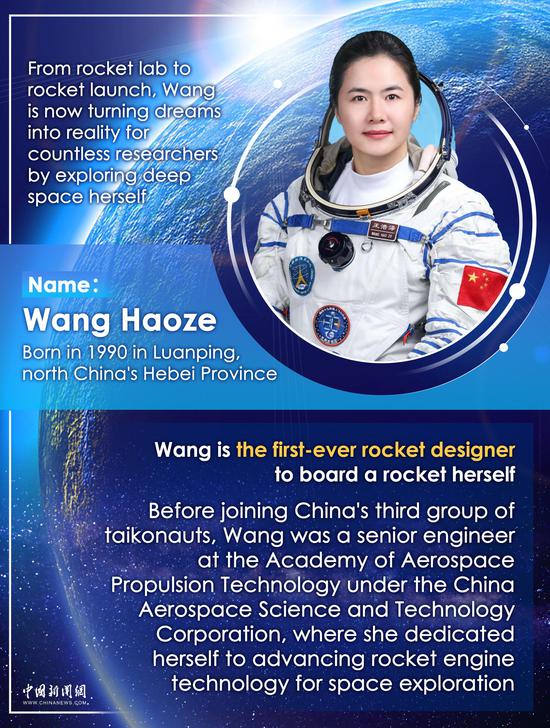



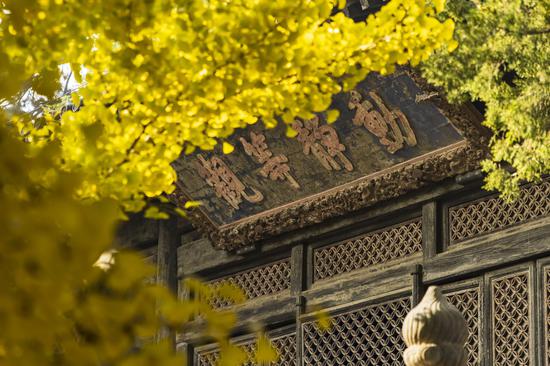


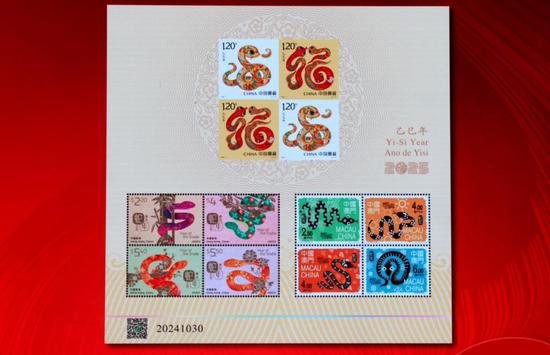

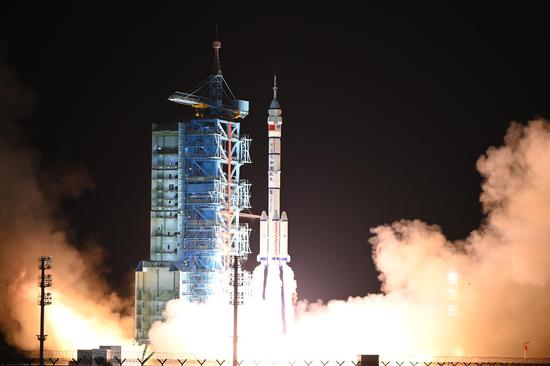



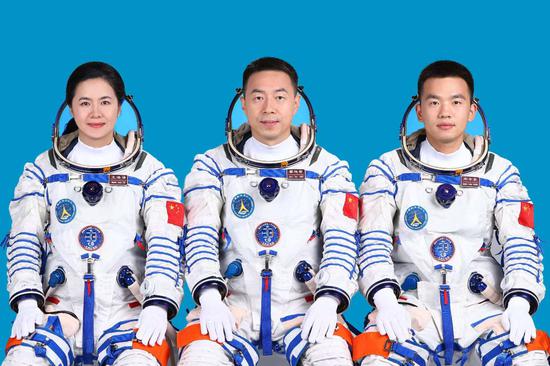





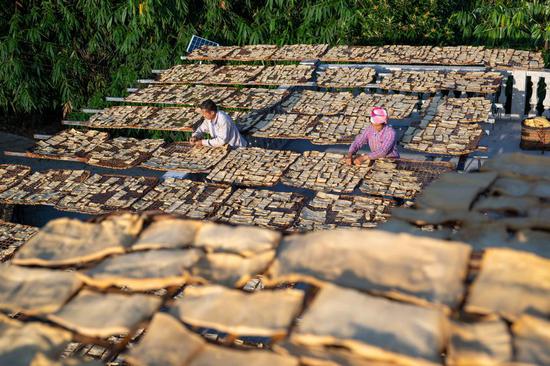





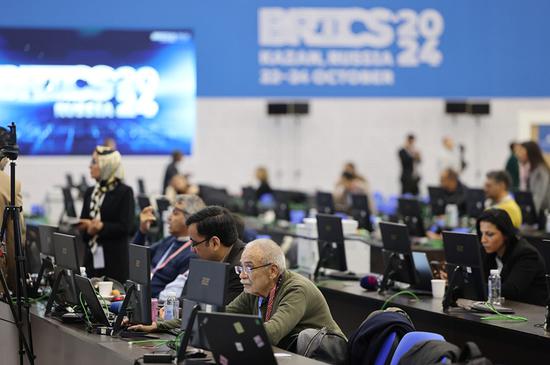
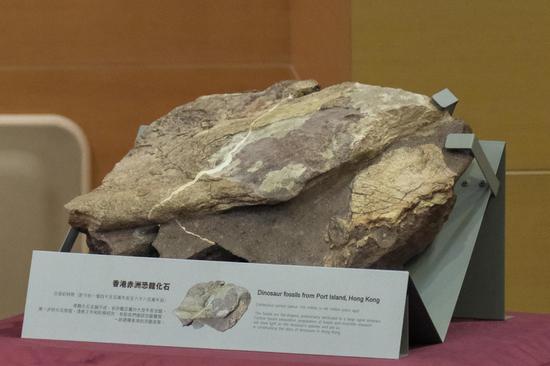




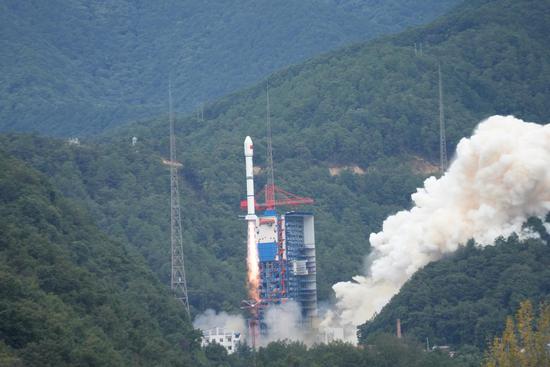

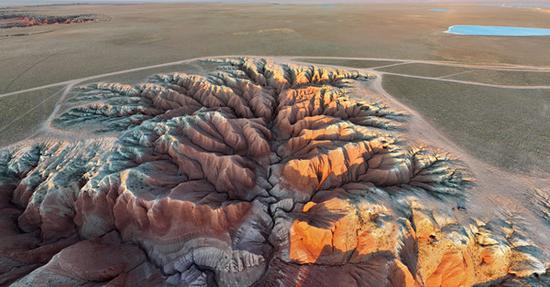


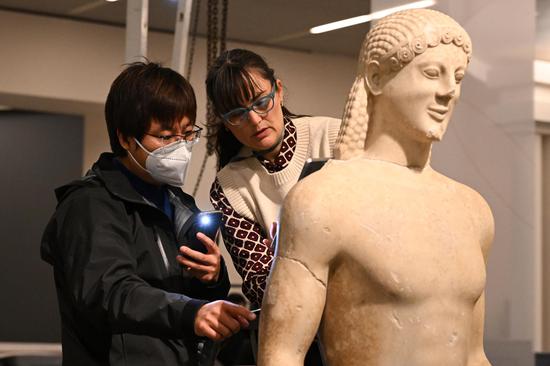





 京公網安備 11010202009201號
京公網安備 11010202009201號